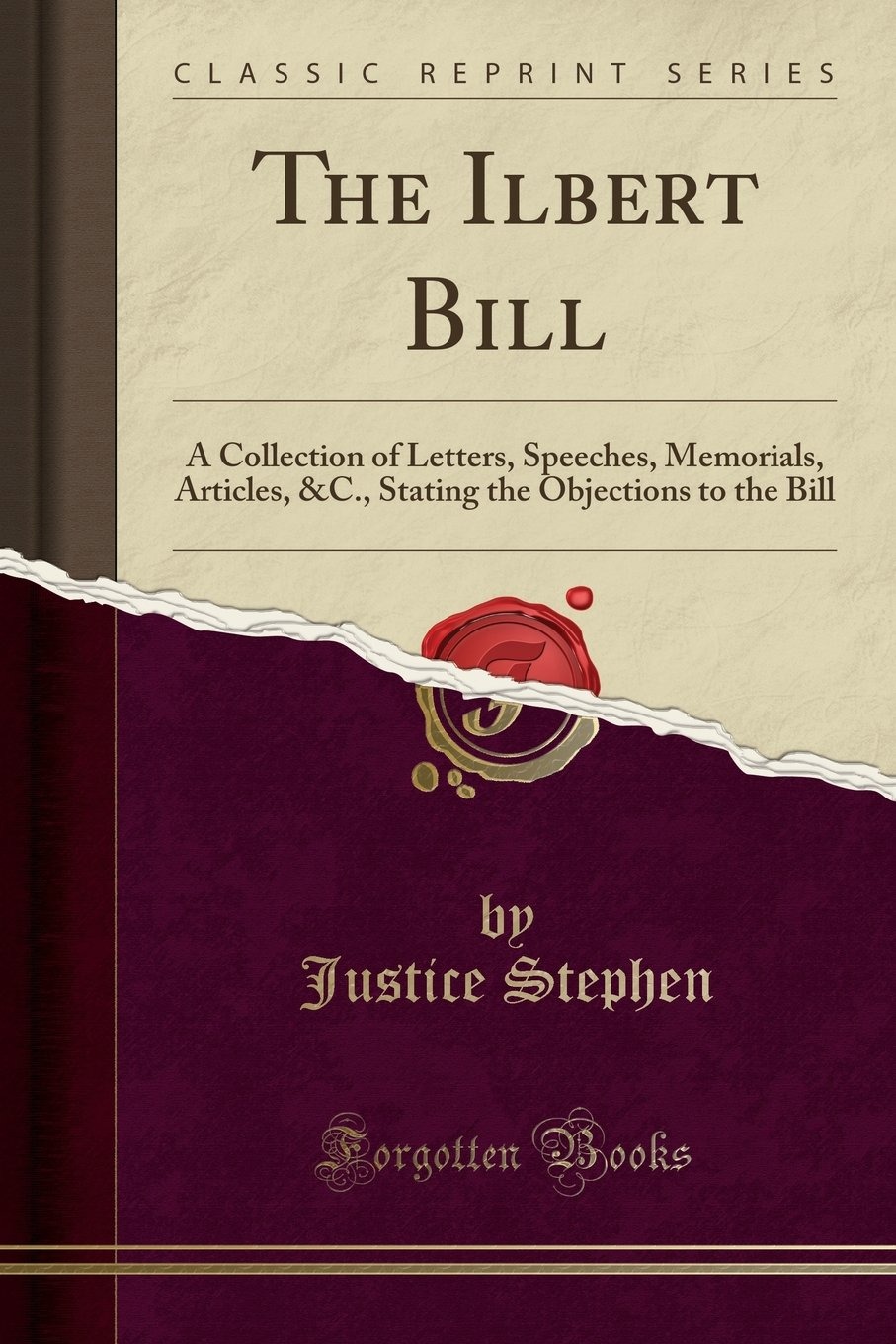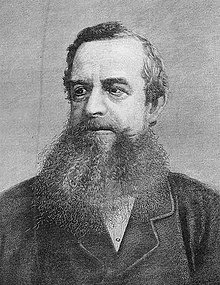Sir Courtenay Pergine Ilbert wrote the Ilbert Bill, which was introduced in 1883 during Viceroy Ripon’s term. Indian judges were given the authority to try Europeans under the statute.
This was a big dispute at the time, with far-reaching implications for India’s history. This article is important for the IAS Exam because it details the crucial facts of Ilbert Bill. Aspirants should study the article while keeping the UPSC prelims and mains structures in mind.
What Is the Ilbert Bill?
British subjects had been excused from trial by Indian magistrates prior to the bill’s introduction in 1873. Only a higher court could hear matters involving death or transportation.

This Scenario Changed with The Introduction of The Ilbert Bill in 1883.
According to the Ilbert bill, British and European subjects would now be tried in session courts by Indian judges who were senior enough in the civil service to preside over such trials. This clause would enrage the European community.
Also Read: Josh Donaldson Controversy: Everything You Need To Know!
What Was the Controversy Regarding the Ilbert Bill?

The very thought of a European being tried by an Indian, whom the Europeans see as inferiors, enraged and enraged many people. The bill sparked outrage among Calcutta’s European commercial community, which included tea and indigo planters.
Many officials expressed veiled support. The debate at the time was fueled by deep-seated racial prejudices. The propaganda that Indian judges could not be trusted in instances involving English women aided in the bill’s defeat.
English women opposed the measure, claiming that Bengali women, whom they described as “ignorant,” are abandoned by their men and hence should not be allowed to decide matters involving English women.
Bengali women who supported the bill responded by claiming that they were more educated than the English women who opposed it, pointing out that more Indian women had academic degrees than British women at the time, alluding to the fact that the University of Calcutta was one of the first universities to admit female graduates to its degree programs in 1878 before any of the British universities did.
Also Read: Toni Fowler Controversy: She Opens Up About Viral Controversy!
What Was the Ultimate Resolution for The Conflict Regarding the Ilbert Bill?

Due to widespread public opposition to the measure, particularly among women, Viceroy Ripon was obliged to enact an amendment requiring a jury of 50% Europeans if an Indian judge was to face a European on the dock.
Finally, a compromise was reached: both European and Indian District Magistrates and Session Judges would have jurisdiction to try Europeans. However, a defendant would always have the right to a jury trial, with at least half of the members being European.
The bill was signed into law on January 25, 1884, and went into effect on May 1st of that year.
The compromise and the subsequent debate exacerbated the British-Indian rivalry. The Indian National Congress will be created in the next two years, opening a new stage for the Indian Freedom Struggle.
Andrew Walker is the Chief Editor at “Landscape Insight” and has a background in journalism. He has been writing for Landscape Insight on a wide range of Entertainment topics including Celebrity Net Worth, Controversies, Web Series & Movie Updates, etc. When he isn’t writing, Andrew enjoys playing video games and baseball. You can reach Andrew at – [email protected] or by Our website Contact Us Page.








